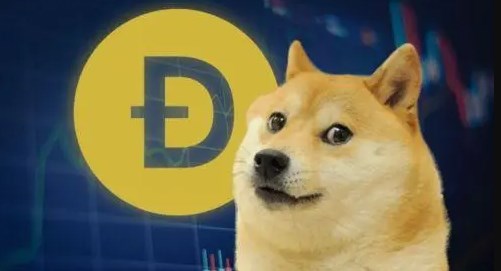What does dogecoin mean? Which public chain DOGE coin belongs to?
- WBOYWBOYWBOYWBOYWBOYWBOYWBOYWBOYWBOYWBOYWBOYWBOYWBOriginal
- 2024-08-09 14:12:01828browse
Dogecoin (DOGE) is a decentralized cryptocurrency based on the Litecoin blockchain that aims to be a light-hearted and fun digital currency, with its name derived from the popular internet meme of the Shiba Inu.

What is Dogecoin?
Dogecoin (DOGE) is a decentralized cryptocurrency launched in 2013. Named after the popular internet meme of the Shiba Inu, it is designed to be a fun, light-hearted digital currency.
Which public chain does DOGE coin belong to?
Dogecoin is based on the Litecoin blockchain, which is a fork of the Bitcoin blockchain. This makes DOGE coin share a similar technical foundation to Bitcoin and Litecoin, including the proof-of-work consensus mechanism.
Latest Dogecoin Trend
As of 16:00 on August 7, 2024, Dogecoin (DOGE) is quoted at $0.0989, with a 24-hour trading volume of $994 million. The price fell by 0.61% in the past 24 hours.
Price Moving Factors
The recent price decline has been attributed to the overall correction in the cryptocurrency market and ongoing concerns about Dogecoin’s viability as a long-term investment.
Future Outlook
While Dogecoin may continue to be volatile in the short term, it still has potential in the long term. Bear market pressure has eased and market sentiment is improving.
Recommendation
For those investors who are willing to take the risk, now may be the right time to accumulate Dogecoin as a long-term investment. However, it is important to remember that there are inherent risks in cryptocurrency investing and only invest the amount you are willing to lose.
Short-Term Outlook
Dogecoin is expected to remain volatile in the coming weeks, but may find support at or slightly above current levels.
The above is the detailed content of What does dogecoin mean? Which public chain DOGE coin belongs to?. For more information, please follow other related articles on the PHP Chinese website!

